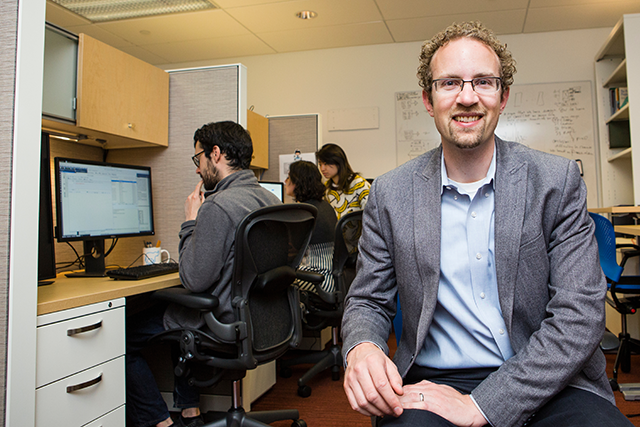Machine learning on the thermal side-channel

Working with partners at Drexel University, doctoral candidate David Werner and Associate Professor Mark Hempstead of the Department of Electrical and Computer Engineering determined that the temperature profile of integrated circuits that have many accelerators can be used to infer information about the activity of individual cores.
In a paper titled "Machine Learning on the Thermal Side-Channel: Analysis of Accelerator-rich Architectures," presented at the 36th IEEE International Conference on Computer Design (ICCD) in October 2018, Werner, Hempstead, Drexel doctoral candidate Kyle Juretus, and Drexel Assistant Professor Ioannis Savidis explored applications for their findings.
The group demonstrated that a temperature monitoring system could be used to determine the activity systems on a per-core basis as well as detect the presence of malware.
Department:
Electrical and Computer Engineering